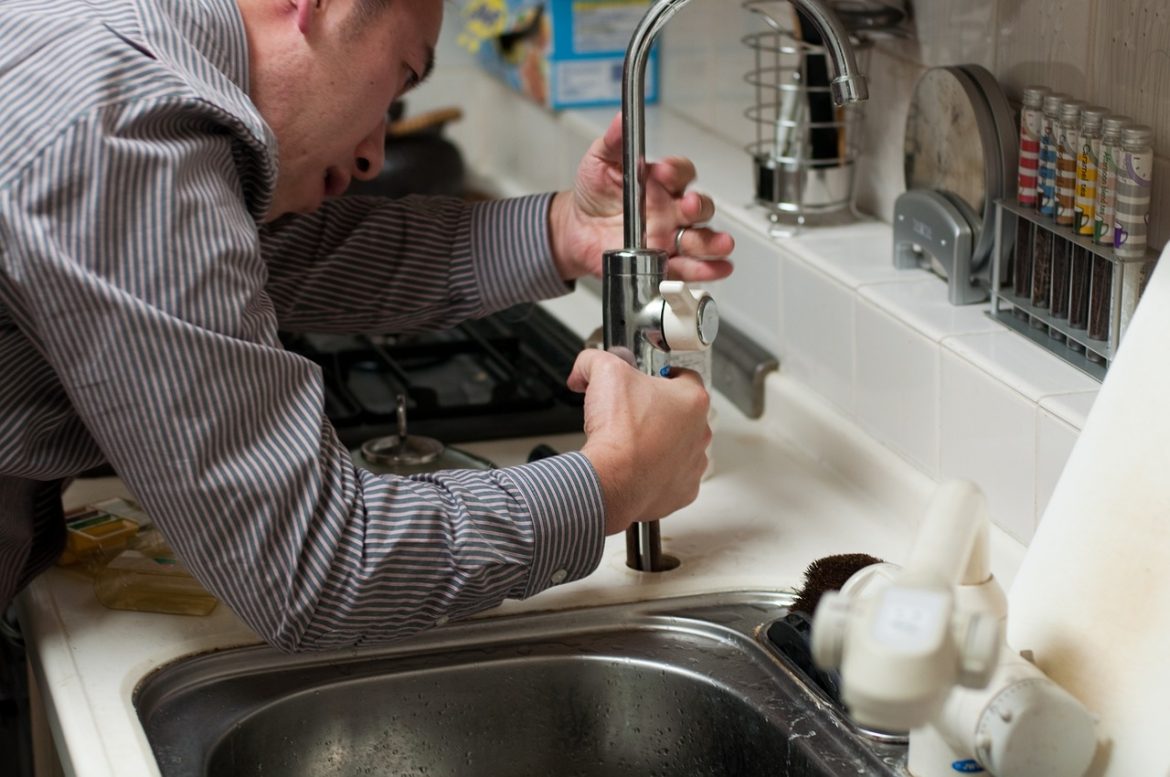Plumbing systems are an essential part of every home, yet their complexity can feel overwhelming to beginners. By understanding the basics, you can make informed decisions about maintenance, repairs, and upgrades. This guide breaks down the fundamentals of plumbing to help you navigate your home’s water system with confidence.
The Basics of Water Supply and Drainage
Your plumbing system is divided into two main parts: the water supply system and the drainage system. The water supply system delivers clean water to your faucets, showers, and appliances through a network of pressurized pipes. The drainage system removes wastewater, relying on gravity and venting pipes to keep water flowing out efficiently.
Understanding this division helps you identify where a problem may be occurring—whether it’s a supply issue or a drainage concern.
How Pipes and Fixtures Work Together
Pipes, valves, and fixtures are the core components of your plumbing system. Supply pipes bring water to fixtures like sinks and toilets, while drain pipes carry it away. Valves control water flow and allow you to shut off the supply for repairs. Familiarize yourself with key fixtures and their connections to better troubleshoot issues.
Common Plumbing Materials
Modern plumbing uses a variety of materials, each with its own benefits. Copper pipes are durable and long-lasting, while PEX (cross-linked polyethylene) is flexible and easy to install. PVC (polyvinyl chloride) is commonly used for drainage due to its lightweight and corrosion resistance. Understanding these materials helps when planning repairs or renovations.
The Importance of Venting Pipes
Venting pipes are an often-overlooked part of plumbing systems. They allow air to enter the drainage pipes, ensuring smooth water flow and preventing sewer gases from entering your home. If you notice slow drainage or unpleasant odors, the issue could be with your venting system.
Maintaining Your Plumbing System
Regular maintenance is key to keeping your plumbing in good condition. Inspect pipes for leaks, clean drains to prevent clogs, and flush your water heater annually to remove sediment buildup. Learning to perform basic maintenance tasks can save you money and extend the lifespan of your system.


